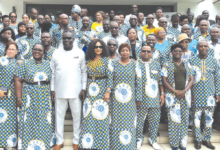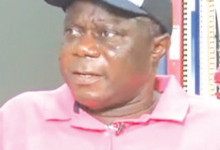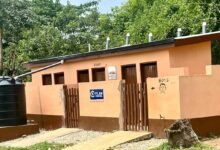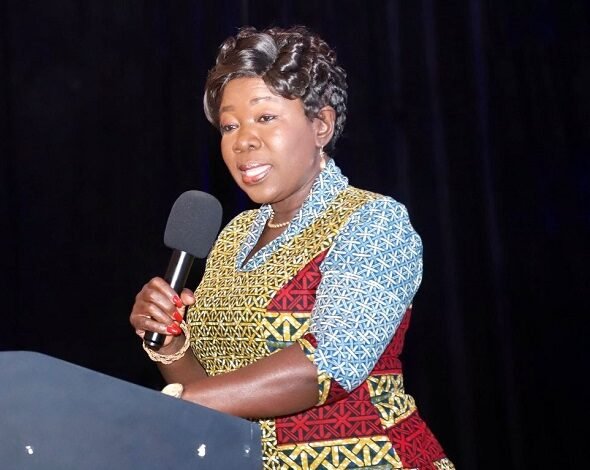
Ghana performed creditably in areas such as labour, utility services and business insolvency in 2024, the latest World Bank Group Business Ready Report 2024 has revealed.
The flagship report of the World Bank Group and the International Finance Corporation (IFC) said the country implemented good practices in its labour dispute resolution mechanisms, transparent information (connection, tariffs, and complaint mechanisms) for water and electricity, and electronic case management systems for liquidation.
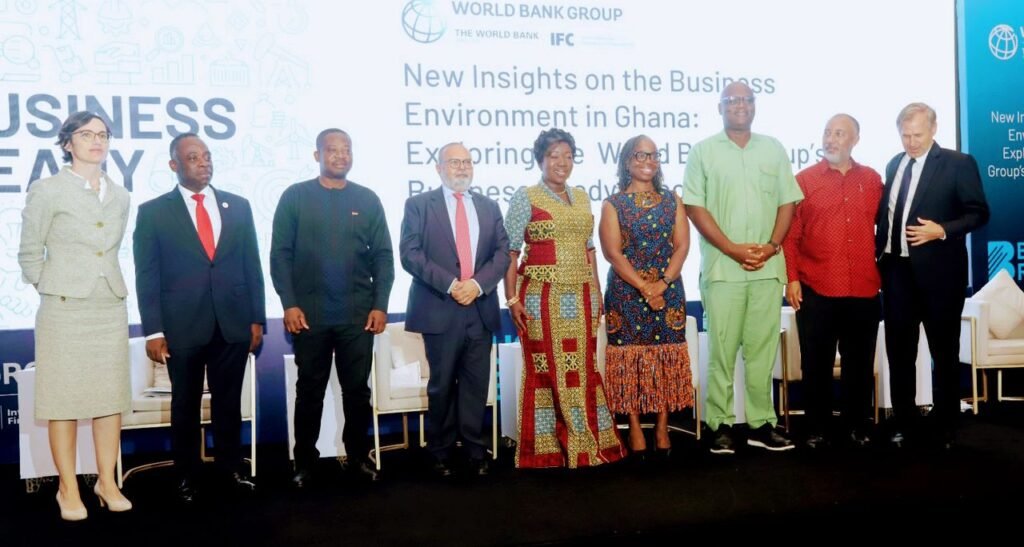
However, the Business Ready Report 2024, which takes a comprehensive review of the business environment, said the country scored lowest in market competitions, business entry, dispute resolution and digitalisation of intellectual property services.
The Minister of Trade, Agribusiness and Industry, Elizabeth Ofosu-Adjare, who delivered the keynote address during the launch of the report, reaffirmed the government’s commitment to strengthening Ghana’s business environment through a robust regulatory framework.
She stated that the report came at a pivotal moment as Ghana sought to solidify its economic foundation and attract more investment.
The Minister emphasised that creating a strong and predictable business environment was essential for driving long-term economic growth and improving investor confidence.
Mrs Ofosu-Adjare noted that the report presented an opportunity to explore transformative initiatives for sustainable growth and increased economic competitiveness, adding that by leveraging the reform insights outlined in the report, Ghana could create an efficient, fair, predictable, and sustainable business environment.
The World Bank Division Director for Ghana, Liberia and Sierra Leone, Mr Robert Taliercio O’Brien, said Ghana stood at a pivotal moment in its economic journey as it had all the ingredients for long-term, inclusive prosperity.
He said the report was not just another scorecard, but a diagnostic tool, a roadmap, and a call to action, which sheds light on areas where Ghana was already showing commendable progress and pointed out where targeted reforms could unlock the country’s full economic potential.
Mr O’Brien said regarding the labour market regulations, Ghana scored 68.6 per cent, outpacing many of Sub-Saharan Africa peers in labour rights clarity, dispute resolution, and fairness.
On utility services, he said Ghana’s score of 68.5 per cent closed the gap between it and Tanzania (78.8 per cent) but ranked it above Rwanda (67.8 per cent), Togo (64.0 per cent), and Côte d’Ivoire (58.9 per cent).
Mr O’Brien said in relation to business insolvency framework. Ghana scored 64.9 per cent, providing clear pathways for firms facing financial distress—crucial for predictability and responsible risk-taking.
He said Ghana must improve on business entry, pointing out that it took 57 days to register a new local business compared to three days in Rwanda.
For market competition, the country scored 32 per cent, and performed poorly in dispute resolution, which took the average of 900 days ( two-and-a-half years), almost four times longer than the period it took to do so in Côte d’Ivoire.
Mr O’Brien said it took 40 hours to prepare and pay tax, while it took just 12 hours in Sierra Leone, an improve digital infrastructure as nearly 48 per cent of Ghanaian firms report monthly internet disruptions.
The Senior Manager for Ghana, Liberia and Sierra Leone of IFC, Kyle F. Kelhofer, said the private sector was crucial for job creation and growth of the economy.
He said the IFC had invested more than $2 billion in the Ghanaian economy and would continue to invest more to drive the growth of the economy.
BY KINGSLEY ASARE



